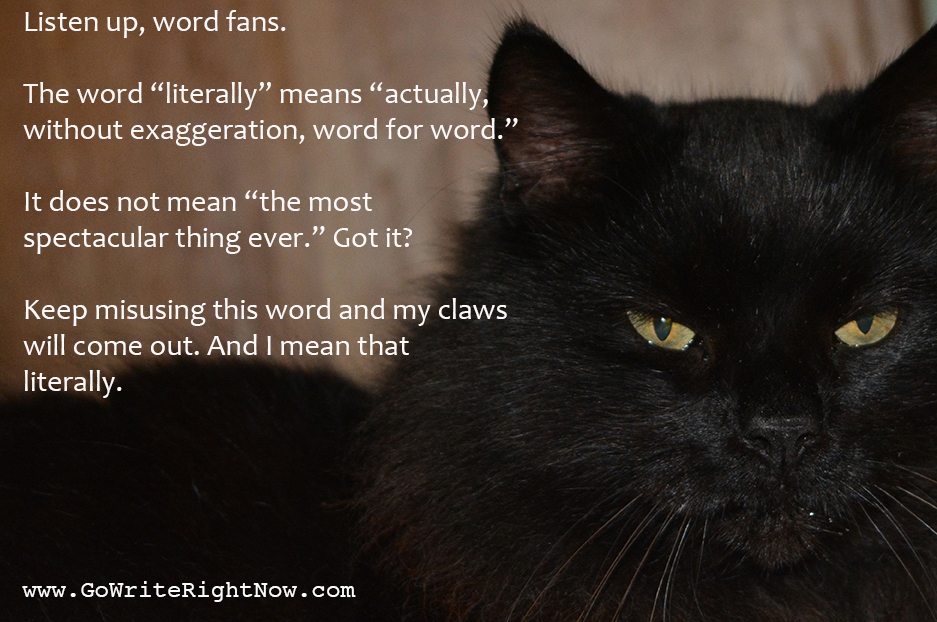Back in November, I got a book contract – Yes, you may applaud! I’m excited about it too! – and ever since I signed, I’ve been digging deeper and deeper into the subject matter.
Without going into too much detail (not yet … not while I’m in the research/writing phase), it has to do with historical events, and I am not exaggerating when I say this is the happiest place on Earth for me.
Some of the digging is online, at least for initial information, and everyone knows what a rabbit hole the online search can be. You start in one place and before you know it you’ve hyperlinked over to the other side of the world and a century or two back in time. I love every minute of it.
But an even better rabbit hole to fall down is digging into original sources at places like the historical society and the special sections in the libraries. It’s such a thrill to discover tidbits about a person or a place. Like a sentence in someone’s diary that sheds new light on a famous incident. Or finding a guest list that uncovers connections that weren’t known before.
They’re cozy places, these historical research rabbit holes. And they’re magical. I snuggle down into them, transported to another time, where I can, for a moment, bring people to life again and relive it with them.
Though that’s only half the magic. The other half is coming up out of the hole and seeing present-day with new eyes.
Spend enough time in yesterday, and today will have a sense of timelessness about it. Tomorrow too. As if everything has already happened before, and the contemporary is just a repeat, as the future will be.
Percy Bysshe Shelley, one of the major English Romantic poets, said it far better than I: “History is a cyclic poem written by time upon the memories of man.”
It may sound strange, but that’s actually an encouraging thought. No need to worry about the current state of affairs in the world. Similar – and worse – things happened years ago, and we lived through them. Well, maybe not “we,” but someone did. (Unless you’re doing the research, and then you get to live through it too.)
When I started this project, I thought it was a fabulous writing opportunity. I had no idea the research phase would bring with it such a sense of peace and comfort. What a fabulous discovery. Something I can use to decorate my rabbit hole. I might stay a while.













